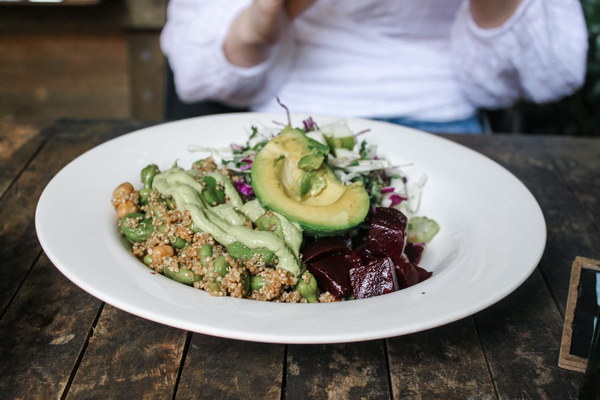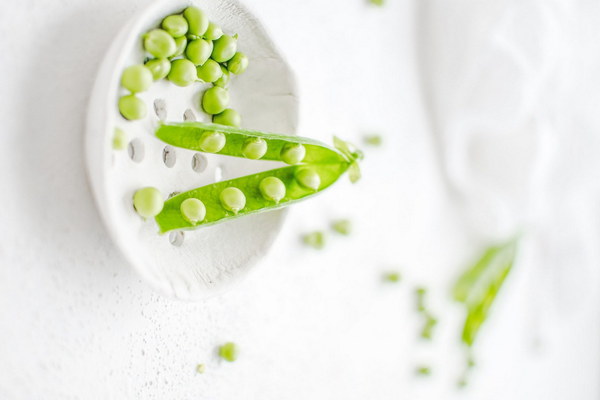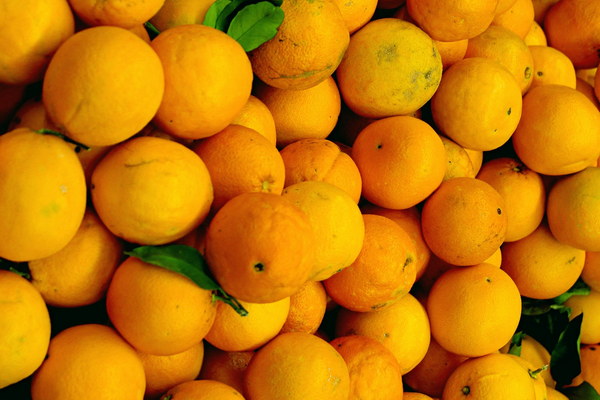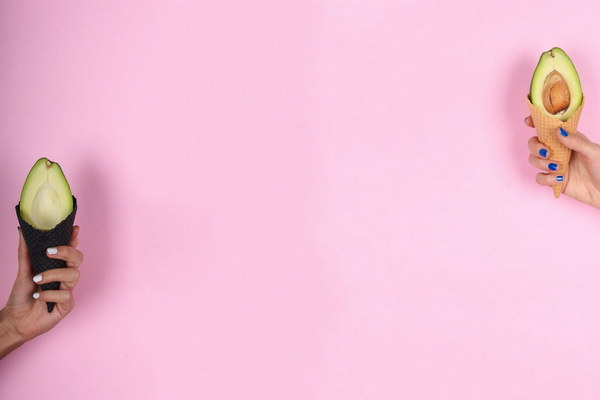Revitalize Your Lungs with the TimeHonored Herbs of Renowned Chinese Physicians A Guide to LungNourishing Herbal Tea
In the realm of traditional Chinese medicine, the lungs hold a pivotal role in the body's health and vitality. The ancient wisdom of Chinese physicians has been passed down through generations, and one of the most cherished practices is the consumption of lung-nourishing herbal teas. These teas are not just a beverage but a blend of nature's finest herbs designed to support lung health, enhance respiratory function, and fortify the immune system. Let's delve into the world of lung-nourishing herbal teas, as prescribed by the esteemed physicians of Chinese medicine.
The Essence of Lung-Nourishing Herbs
The lungs are considered the organ of the autumn in Chinese medicine, and they are most susceptible to dryness during the cooler months. To combat this, lung-nourishing herbal teas are crafted to moisturize and protect the lungs. The following herbs are commonly used in these teas:
1. Lung Qi Tonifying Herbs: These herbs strengthen the lung's defensive Qi (vital energy) and support respiratory health. Examples include Codonopsis (Dang Shen) and Astragalus (Huang Qi).
2. Mucolytic Herbs: These herbs help to loosen and expel phlegm, making breathing easier. Mulberry (Suan Zao Ren) and Licorice (Gan Cao) are notable for their mucolytic properties.
3. Anti-Inflammatory Herbs: Herbs like Peony (Shao Yao) and Skullcap (Huang Qin) can help reduce inflammation in the lungs and respiratory tract.
4. Bronchodilatory Herbs: These herbs help to dilate the bronchial tubes, easing breathing. Elderberry (Zao Shu) and Fennel (Hui Xiang) are well-known bronchodilators.
The Recipe for Lung-Nourishing Herbal Tea
Here is a recipe for a lung-nourishing herbal tea, combining the wisdom of ancient physicians with the convenience of modern living:
- Codonopsis (Dang Shen): 5g
- Astragalus (Huang Qi): 5g
- Mulberry (Suan Zao Ren): 10g
- Licorice (Gan Cao): 3g
- Peony (Shao Yao): 5g
- Skullcap (Huang Qin): 5g
- Elderberry (Zao Shu): 5g
- Fennel (Hui Xiang): 3g
Preparation:
1. Place all the herbs in a pot with 500ml of water.
2. Boil the herbs for about 15-20 minutes, or until the water has reduced to 200ml.
3. Strain the herbs out and pour the tea into a cup.
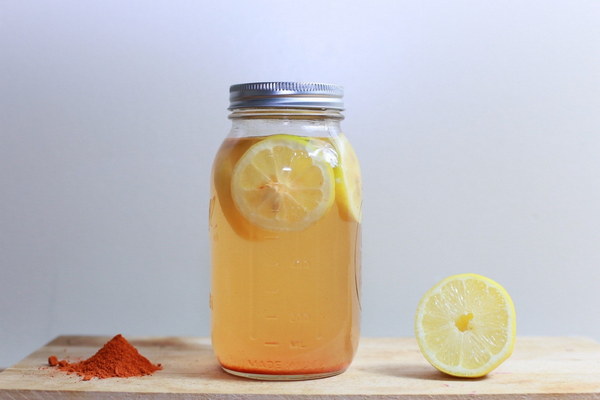
4. Sweeten with honey or rock sugar to taste, if desired.
Benefits of Lung-Nourishing Herbal Tea
- Enhances Lung Health: Regular consumption of lung-nourishing herbal tea can help improve lung function, reduce the frequency of respiratory infections, and alleviate symptoms of chronic lung conditions.
- Boosts Immunity: The herbs used in these teas possess immune-boosting properties, helping the body fight off infections and maintain overall health.
- Promotes Relaxation: Many of the herbs used in lung-nourishing teas, such as licorice and skullcap, have calming effects, which can help reduce stress and promote relaxation.
- Hydration: Drinking warm herbal tea can help keep the respiratory tract moist, making it easier to breathe.
Conclusion
Incorporating lung-nourishing herbal tea into your daily routine can be a simple yet effective way to support lung health and overall well-being. By embracing the wisdom of ancient Chinese physicians, you can revitalize your lungs and enjoy the benefits of a healthier respiratory system.

